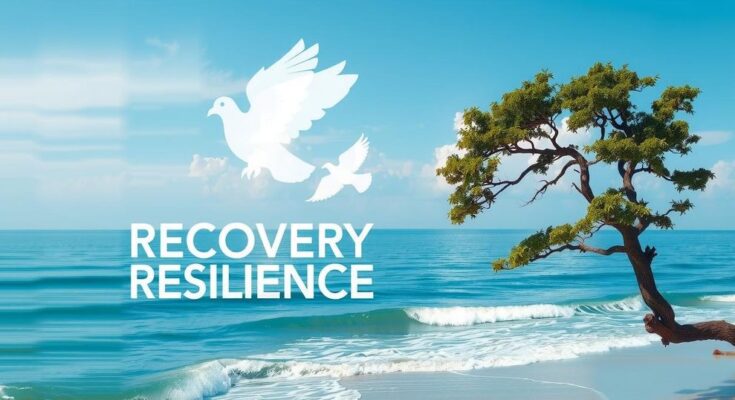The UN Security Council renewed sanctions related to Libya’s oil exports, cyclone recovery operations are ongoing in Mozambique, the WHO is supporting Tanzania’s response to the Marburg virus, and in Türkiye, concerns arise regarding human rights defenders imprisoned under counter-terrorism laws.
The UN Security Council voted to renew the mandate of the Panel of Experts for the Libya Sanctions Committee, extending measures against illicit oil exports. The UK proposed the resolution, which passed with 14 votes in favor and Russia abstaining. New provisions address the arms embargo and freezing of assets linked to oil exploitation in Libya, expanding criteria for targeted sanctions.
In Mozambique, recovery efforts are underway following the devastation of two cyclones that hit the region. The OCHA reported that Cyclone Chido caused 120 fatalities and affected around 400,000 people, while Cyclone Dikeledi resulted in further casualties and destruction. UN humanitarian assistance is essential, especially as food insecurity persists for three million individuals in Mozambique.
The WHO has stepped up its support for Tanzanian authorities amid suspected cases of the Marburg virus. Experts are dispatched to the Kagera region to investigate and contain potential outbreaks. Dr. Matshidiso Moeti emphasized the importance of swift responses and continuity of health investments to safeguard communities against the virus, which has no licensed treatment or vaccine.
In Türkiye, Mary Lawlor, the UN Special Rapporteur on Human Rights Defenders, expressed concern over the imprisonment of nine human rights advocates detained under counter-terrorism laws. The lengthy sentences reflect troubling trends in silencing critiques of government policy. Lawlor called for fair trials and impartial appeals for those wrongfully convicted, reinforcing that such actions contravene international obligations.
The renewed attention to the Libya Sanctions is underscored by ongoing illicit oil activities that undermine the country’s stability. The natural disasters in Mozambique highlight the dire humanitarian situation exacerbated by poor food security. The emergence of the Marburg virus in Tanzania necessitates timely investigation and response mechanisms to prevent a broader health crisis. Furthermore, the situation in Türkiye is a stark reminder of the challenges faced by human rights defenders under oppressive legal frameworks.
In summary, recent developments across Libya, Mozambique, Tanzania, and Türkiye reveal a complex interplay of humanitarian crises, health emergencies, and challenges to human rights. The UN and other organizations continue to play crucial roles in facilitating responses and advocating for vulnerable populations, emphasizing the need for robust international cooperation.
Original Source: news.un.org




